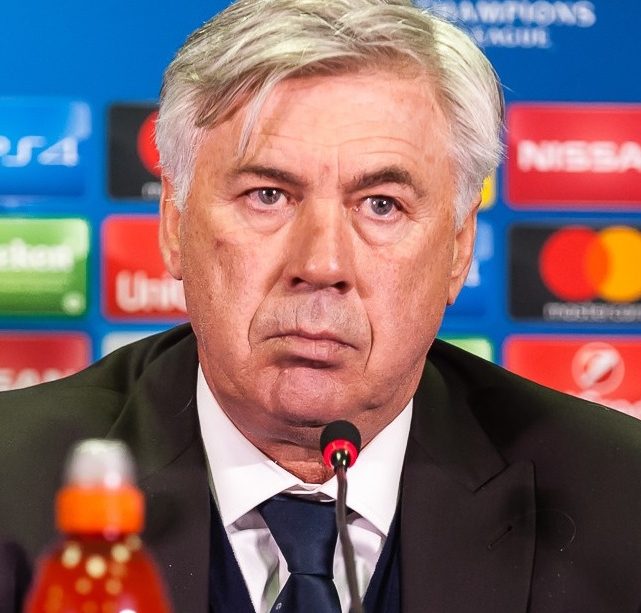Carlo Ancelotti: A Journey of Excellence in Football Management

Introduction
Carlo Ancelotti, regarded as one of the greatest football managers in the history of the sport, continues to shape the landscape of football with his unparalleled tactical acumen and leadership skills. His coaching journey not only highlights his achievements with various clubs but also reflects the evolution of football management in the modern era. Understanding Ancelotti’s impact is essential for both fans and aspiring coaches alike, as his methodologies set a standard in the analysis of football strategy.
Career Overview
Born on June 10, 1959, in Reggiolo, Italy, Carlo Ancelotti began his professional career as a midfielder before transitioning to management. He started his coaching career at Reggiana and quickly moved on to Parma, where he achieved remarkable success. His breakthrough came at AC Milan, where he won two UEFA Champions League titles among several other domestic championships. Ancelotti’s journey took him through top clubs including Chelsea, Paris Saint-Germain, Real Madrid, and Bayern Munich, consistently proving his ability to motivate players and adapt to different football cultures.
Achievements and Tactical Philosophy
Throughout his career, Ancelotti has accumulated numerous accolades, including three UEFA Champions League titles, making him one of the most successful managers in this prestigious tournament. His coaching style, often referred to as a “player-oriented” approach, emphasizes adaptability and understanding of player strengths. Ancelotti has been praised for his ability to manage star-studded squads effectively, blending team chemistry with tactical efficiency. His recent stint at Real Madrid has once again highlighted his skill in managing high-profile players while achieving grand results, including winning La Liga and the Champions League in the 2021-22 season.
Recent Developments
As of late 2023, Ancelotti continues to lead Real Madrid, with speculation about his future plans, including a potential managerial role with the Brazilian national team after the 2026 World Cup. His success with Real Madrid and familiarity with Brazilian football have made him a prime candidate for this position. Notably, Ancelotti’s interactions with players such as Vinícius Júnior and Rodrygo demonstrate his effectiveness in nurturing emerging talents.
Conclusion
Carlo Ancelotti stands as a testament to excellence in football management. His ability to balance the strategic and emotional aspects of football has earned him respect worldwide. As he approaches new challenges, including potential international commitments, Ancelotti remains a figure of inspiration for aspiring coaches and players. With his legacy firmly established, the football community eagerly anticipates his next moves, reaffirming that his influence on the game is far from over.









